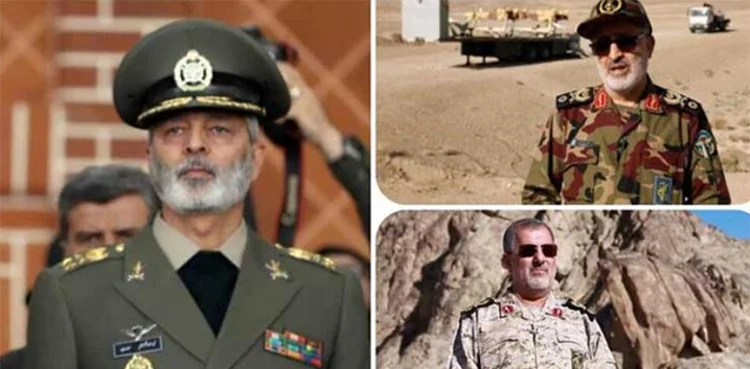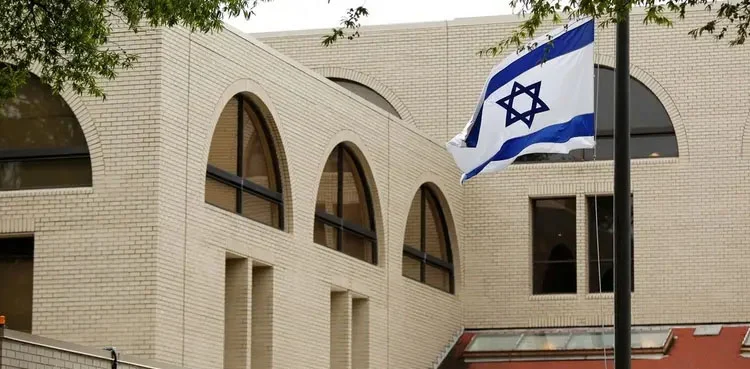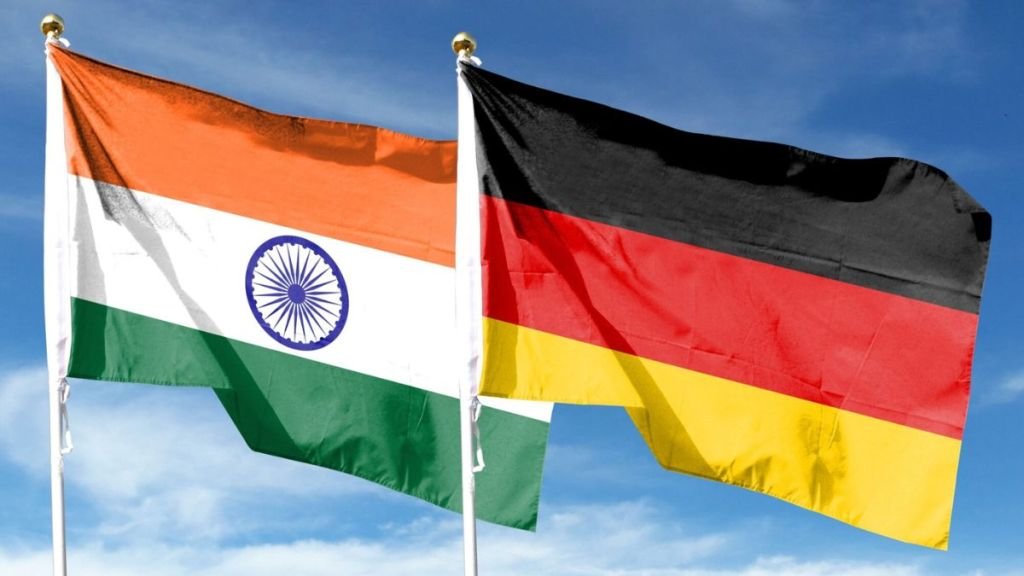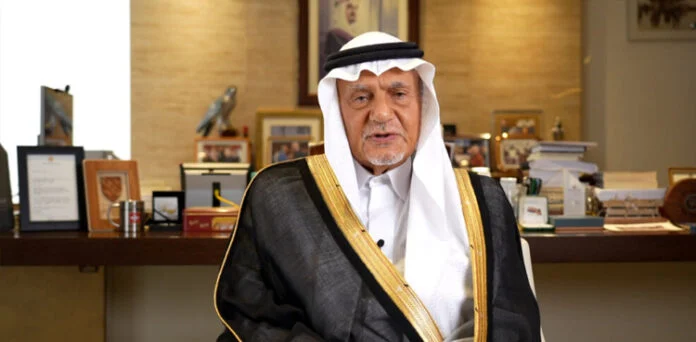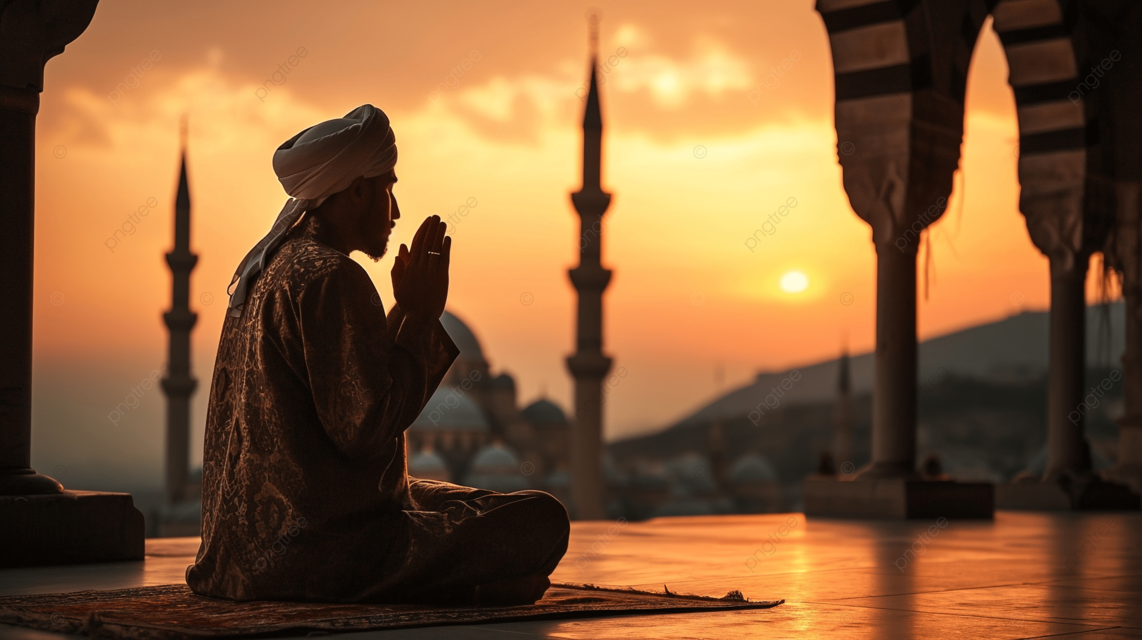
The Islamic community of Sintra has officially opened a new place of worship for Muslims in the municipality: the new Cacém mosque. The inauguration brought together dozens of believers for a special prayer service and celebration.
The inauguration ceremony, held on Saturday, November 2, was attended by representatives from the Islamic communities of Lisbon, Tapada das Mercês, Odivelas, and Damaia. The event began with a prayer and was marked by a strong sense of community.
Sori Djalo, vice-president of the Sintra Islamic Association, spoke to Lusa about the significance of the opening, describing it as a “symbolic act” for both the community and everyone who contributed to the project. He also highlighted the presence of key local figures, including Eduardo Quinta Nova, the councillor for Solidarity and Social Innovation at the Sintra City Council, and the presidents of the parish councils of Cacém and São Marcos, Agualva and Mira Sintra—Paulo Barroso Abrego and Carlos Casimiro, respectively.
According to Djalo, who has been leading the Sintra Islamic Association since its founding on November 24, 2006, the ceremony served as an opportunity to “honour, respect, and acknowledge those who supported” the project. He explained that funds raised during the pandemic were vital for covering the costs, especially considering the relatively high rent for the new mosque space.
“The space was very old, but today it has a completely different look, and thanks to Allah, it now offers a much-improved presentation. The faithful can come here and perform their daily prayers,” said Sori Djalo, noting that the renovated space creates an atmosphere of peace and is “fantastic for welcoming people.”
Regarding plans for a new mosque to be built from the ground up, Djalo shared that the Sintra City Council is assisting the Islamic Association in finding a suitable plot of land. However, he acknowledged that the real estate market can be “a bit complicated.”
The inauguration of the new worship space concluded with a communal lunch, served to all Muslims and their guests—men, women, and children—who attended the event.









